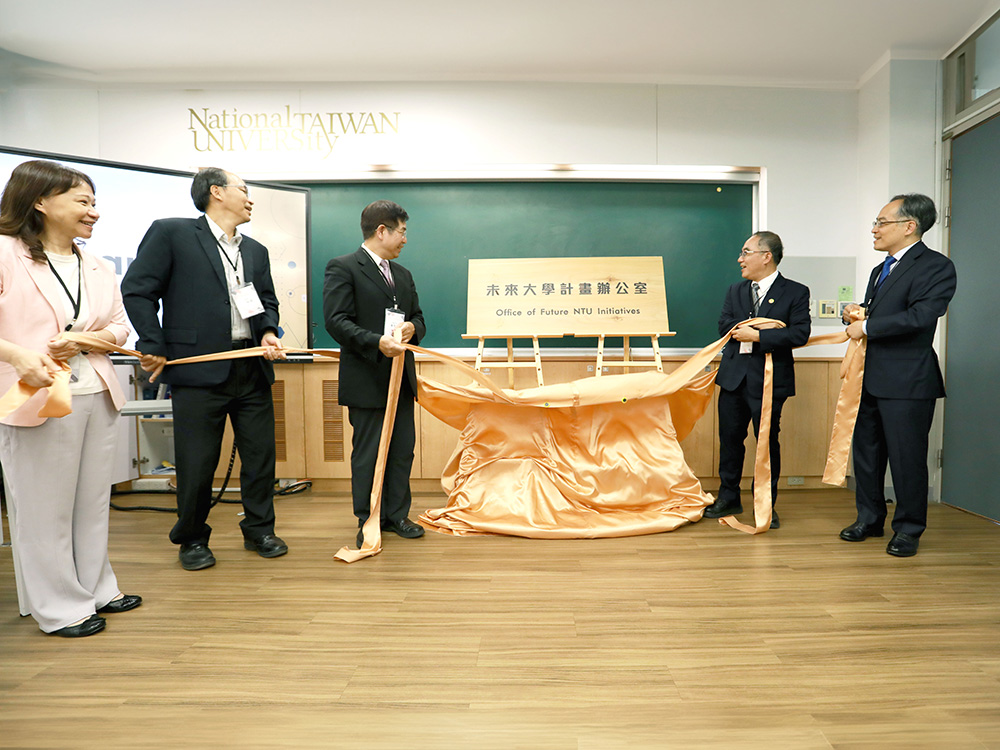
Inauguration of the Office of Future NTU Initiatives at National Taiwan University
瀏覽器版本過舊,或未開啟 javascript
請更新瀏覽器或啟用 javascript
Spotlights
Power tiller in Guanshan, Taitung
Fcare founder Eric Lin introducing the concept of eco-agriculture
Prof. Kuo from the NTU Department of Agronomy discussing the downsides of certification systems and the importance of eco-agriculture in the future
Shells of water caltrops from Guantian, Tainan
Farmer transplanting rice seedlings in Yilan
Eco-agricultural gifts for donors
Group photo
Group photo
Project team member cooking in a kitchen
Attending VIPs (left to right: Prof. Chien, Prof. Kuo, Ms. Wang, and Mr. Lin)
General Coordinator Hsieh introducing the cause and content of the EEF Crowdfunding Project
General Coordinator Hsieh introducing the team’s book about eco-agriculture
On May 10, the Creativity and Entrepreneurship Program (CEP) of National Taiwan University (NTU) held a press conference at the Social Enterprise Hub in Daan District to announce the initiation of the “Eat Eco-Friendly” (EEF) Crowdfunding Project. Among the invited guests were CEP’s CEO Prof. Ching-Hsuan Lin (林晉玄), Director-General Prof. Shao-Yi Chien (簡韶逸), NTU Department of Agronomy Prof. Hua-Jen Kuo (郭華仁), Fcare founder Eric Lin (林富裕), and Earth Friend Organic’s Manager Da-Yu Wang (王大玉).
The press conference was opened by CEP’s CEO Prof. Lin, who introduced the program’s initial missions and operational framework. After a year of experience in project implementation, CEP students formed the CEP Student Association, and launched a social project in the following year to develop a stronger sense of mission and a higher level of concern for society and environment. This time, by launching the EEF Project, CEP students intend to pass a message to consumers that agriculture is not only about the quality of agricultural products, but more importantly about the land on which we stand.
In the conference, Fcare founder Mr. Lin introduced the current state of Taiwan’s agriculture and the concept of eco-agriculture. For the public in Taiwan, agriculture tends to be the most relevant yet least concerned topic. Agriculture is the source of everyday food, but few people are directly connected to it. “Rural areas in Taiwan have great potentials, so the point is how to engage more people,” said Lin. Currently, the public is more familiar with the certification system than with eco-agriculture. However, what matters more to consumers and the environment is whether pesticides harmful to land are in use or not. Lin concluded that, compared with using certification marks, improving ecological conservation through farmers and farming methods will benefit more people in the future.
Prof. Kuo described Taiwan’s current agricultural model as under “intensive care.” Because of dependence on chemical fertilizers and pesticides, the usual practices of agriculture in Taiwan will be impacted by the increasing price of petroleum. This situation highlights the importance of eco-agriculture.
Currently, the certification system is practiced in Taiwan because consumers do not have a direct access to farmers. This project aims to provide this access for consumers and businesses, as well as organize activities like today’s to call for more support for eco-agricultural methods. Prof. Kuo added that supporting eco-agriculture will benefit not only farmers who opt for eco-friendly methods, but also our own health and the overall environmental health of Taiwan.
General Coordinator Wei-An Hsieh introduced the cause and implementation of the project, describing the project as an occasion to change consumers and then the overall agricultural environment. Consumers tend to judge the value of food by its appearance and certification marks without paying much attention to production processes and eco-agriculture. To address this problem, this project has interviewed more than 30 farmers and recorded their stories as well as other production and marketing-related information for the public.
This project initiates a 40-day crowdfunding campaign. It aims to raise NTD 200,000 in the first phase, and there will be other milestones to reach in the future. Donors will receive a gift package that includes a book about eco-agriculture published by the project, a family-size box of vegetables, products involving farmer collaboration, and a farm scenery calendar. Asked of why they choose to crowdfund, Hsieh replied, “It takes more than a small group of students to solve social problems, and it takes more than six months to make real improvements. That’s why we hope to engage more people to make changes together.”
*Click HERE to visit the EEF crowdfunding page.

Inauguration of the Office of Future NTU Initiatives at National Taiwan University
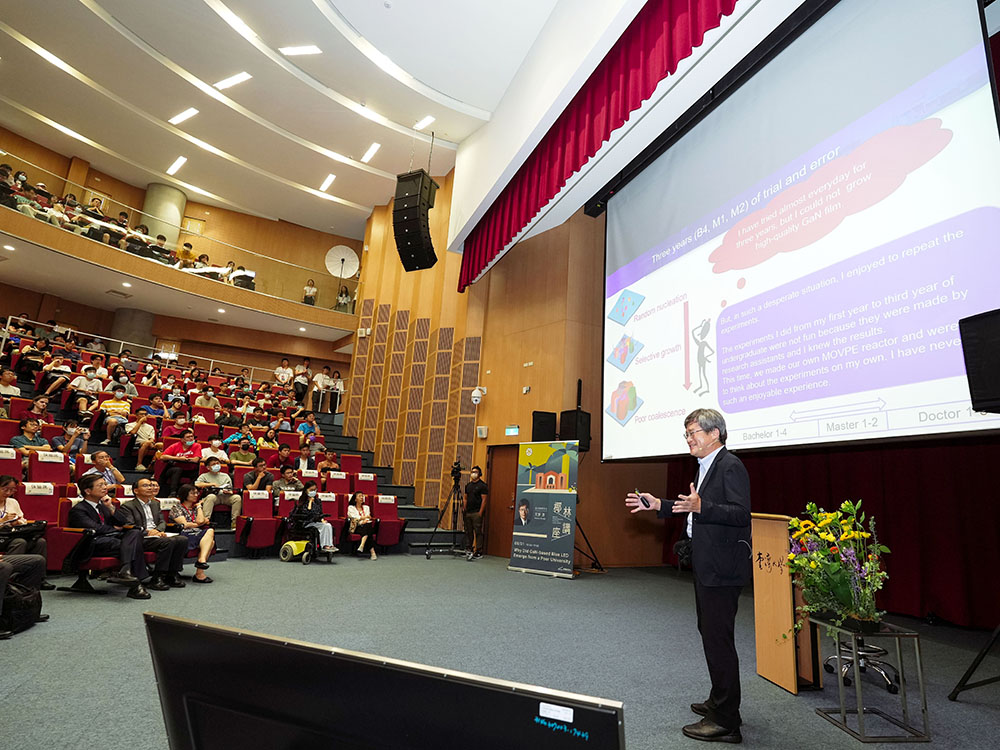
Nobel Laureate Hiroshi Amano's Lecture Marks the Beginning of NTU Royal Palm Lecture Series
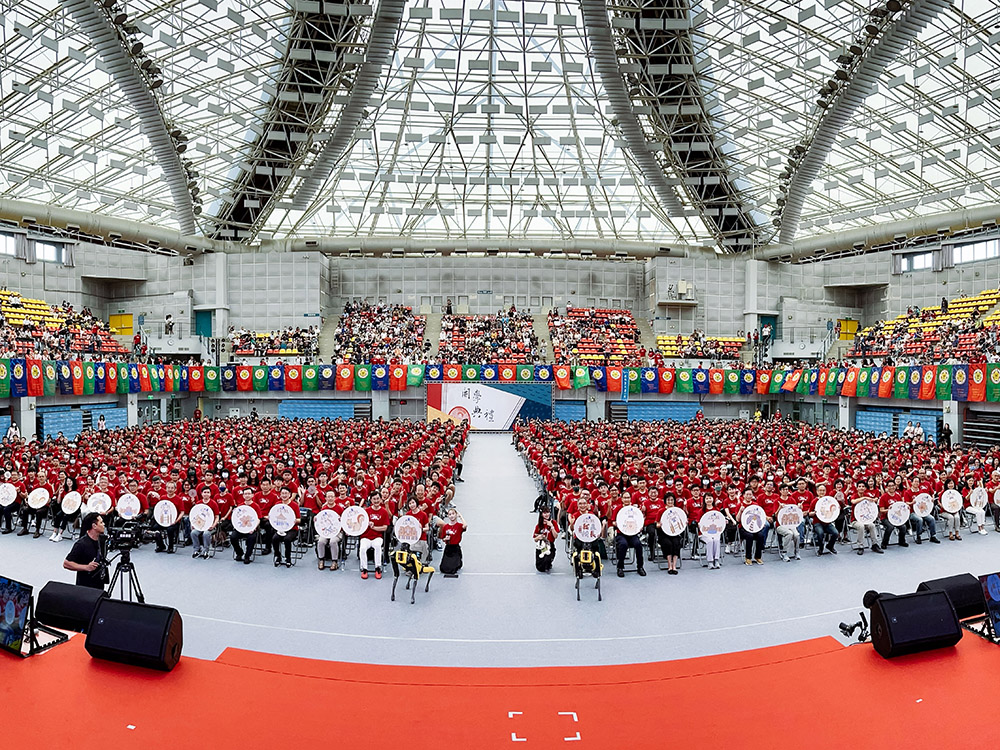
Opening Ceremony for the 112th Academic Year - Welcoming New Students to Become Part of the NTU Family
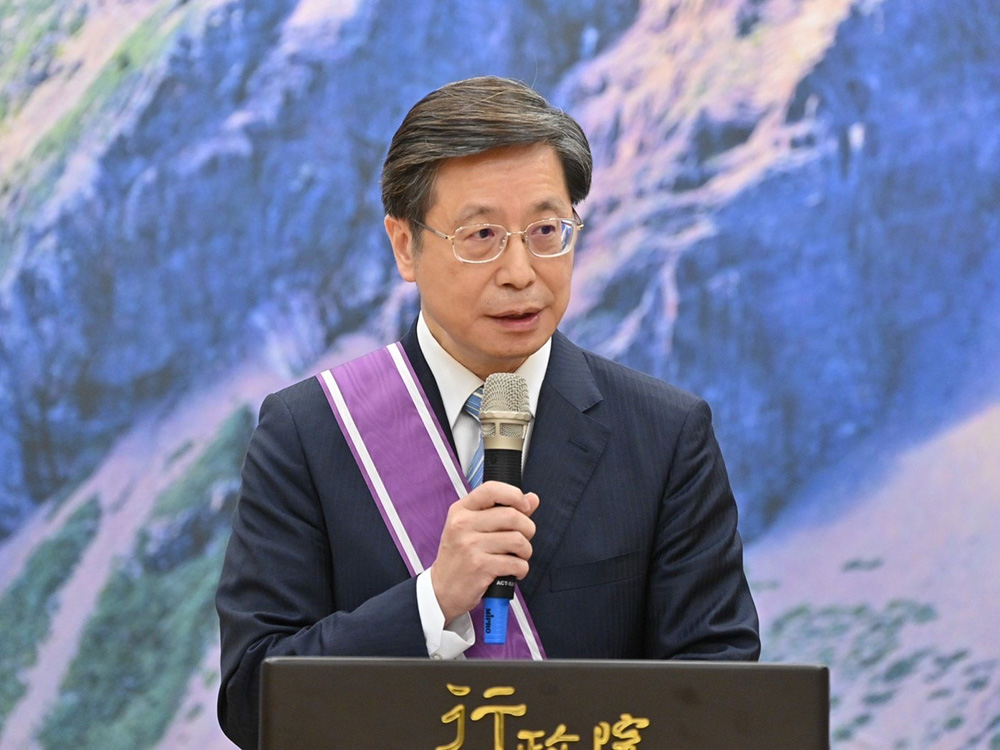
Vice President Shan-Chwen Chang was awarded the Third Class Order of Brilliant Star
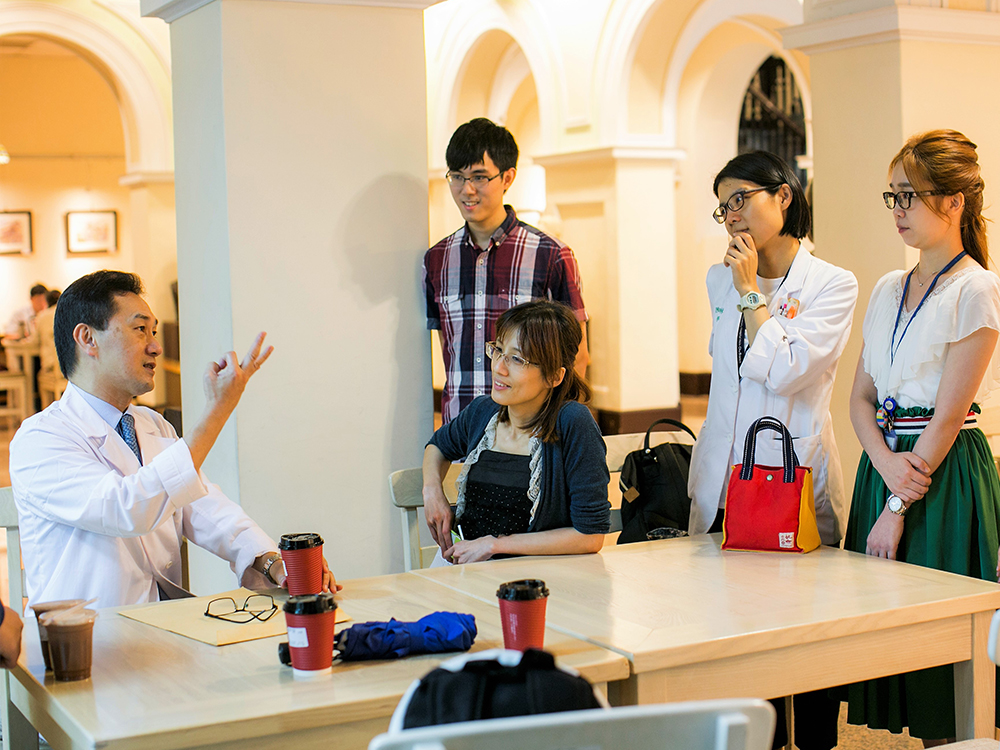
Congratulations! Prof. Lou Pei-Jen receives 2023 National Excellent Teacher Award
Current Spotlights